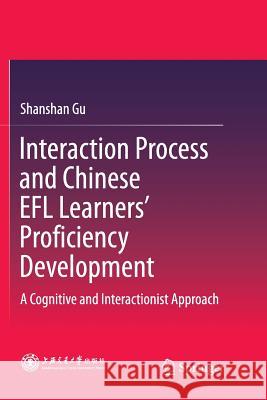Interaction Process and Chinese Efl Learners' Proficiency Development: A Cognitive and Interactionist Approach » książka
topmenu
Interaction Process and Chinese Efl Learners' Proficiency Development: A Cognitive and Interactionist Approach
ISBN-13: 9789811349560 / Angielski / Miękka / 2019 / 156 str.
Interaction Process and Chinese Efl Learners' Proficiency Development: A Cognitive and Interactionist Approach
ISBN-13: 9789811349560 / Angielski / Miękka / 2019 / 156 str.
cena 201,72 zł
(netto: 192,11 VAT: 5%)
Najniższa cena z 30 dni: 192,74 zł
(netto: 192,11 VAT: 5%)
Najniższa cena z 30 dni: 192,74 zł
Termin realizacji zamówienia:
ok. 16-18 dni roboczych.
ok. 16-18 dni roboczych.
Darmowa dostawa!
Kategorie:
Kategorie BISAC:
Wydawca:
Springer
Język:
Angielski
ISBN-13:
9789811349560
Rok wydania:
2019
Wydanie:
Softcover Repri
Ilość stron:
156
Waga:
0.25 kg
Wymiary:
23.39 x 15.6 x 0.94
Oprawa:
Miękka
Wolumenów:
01
Dodatkowe informacje:
Wydanie ilustrowane











